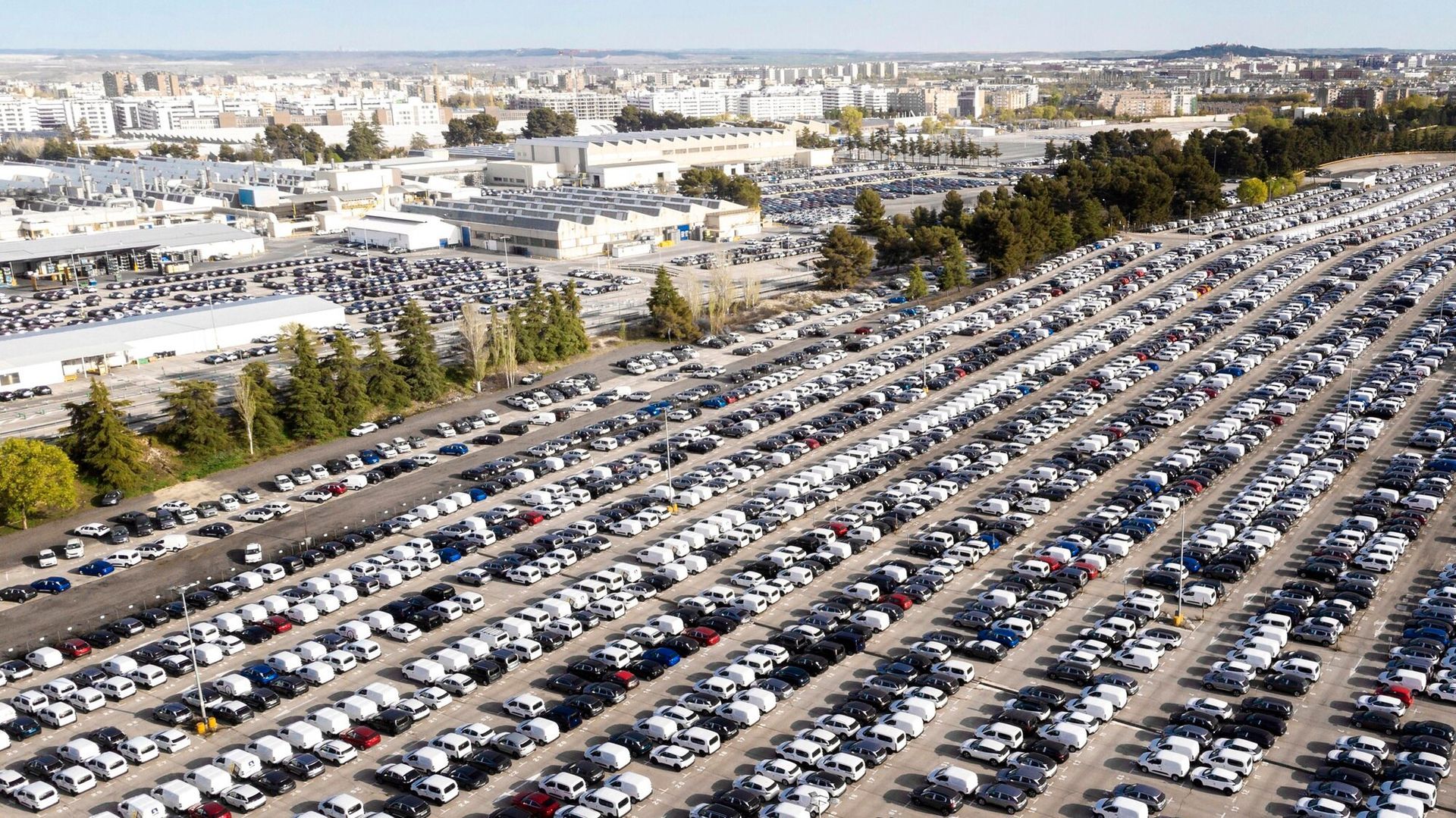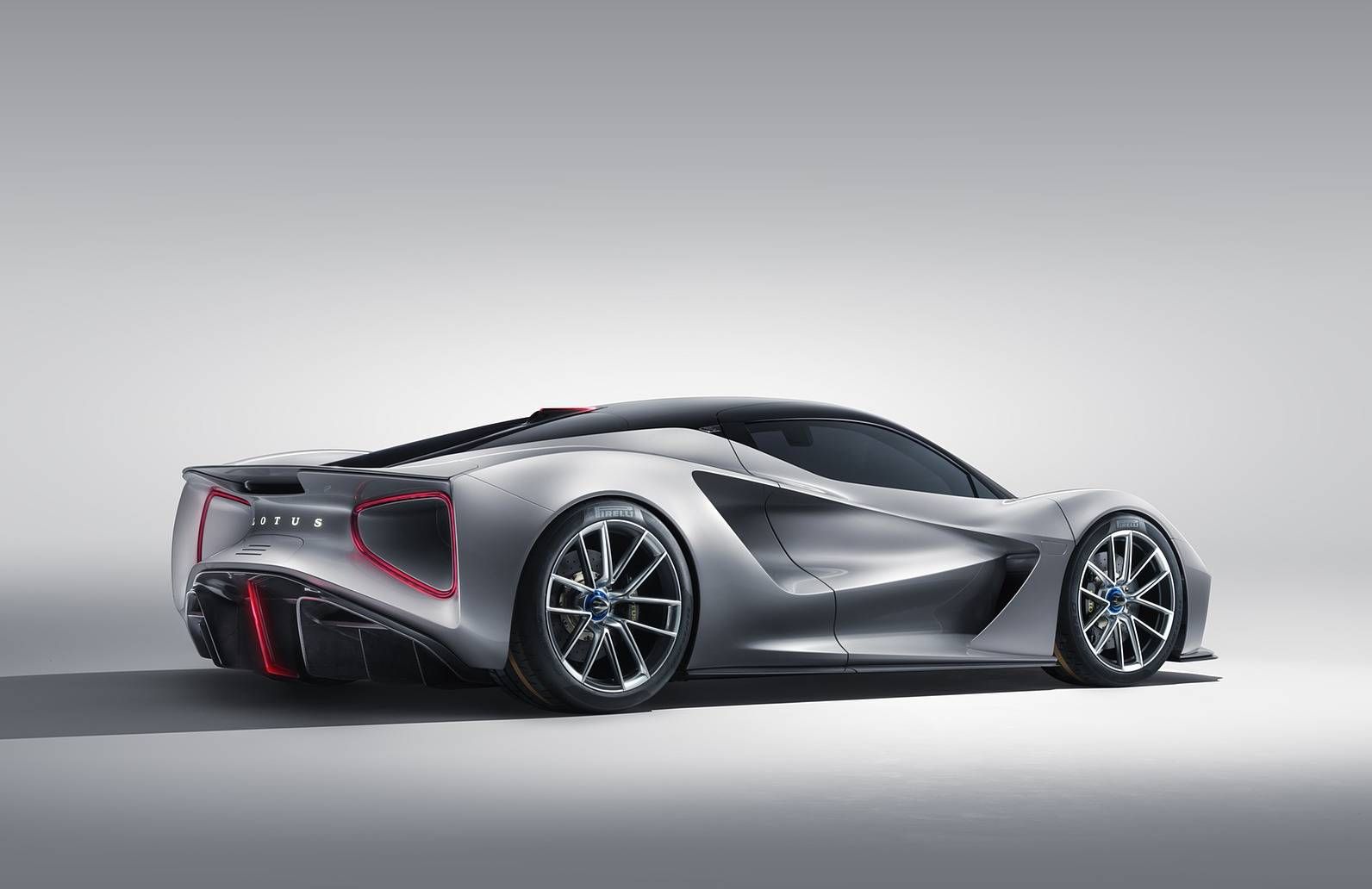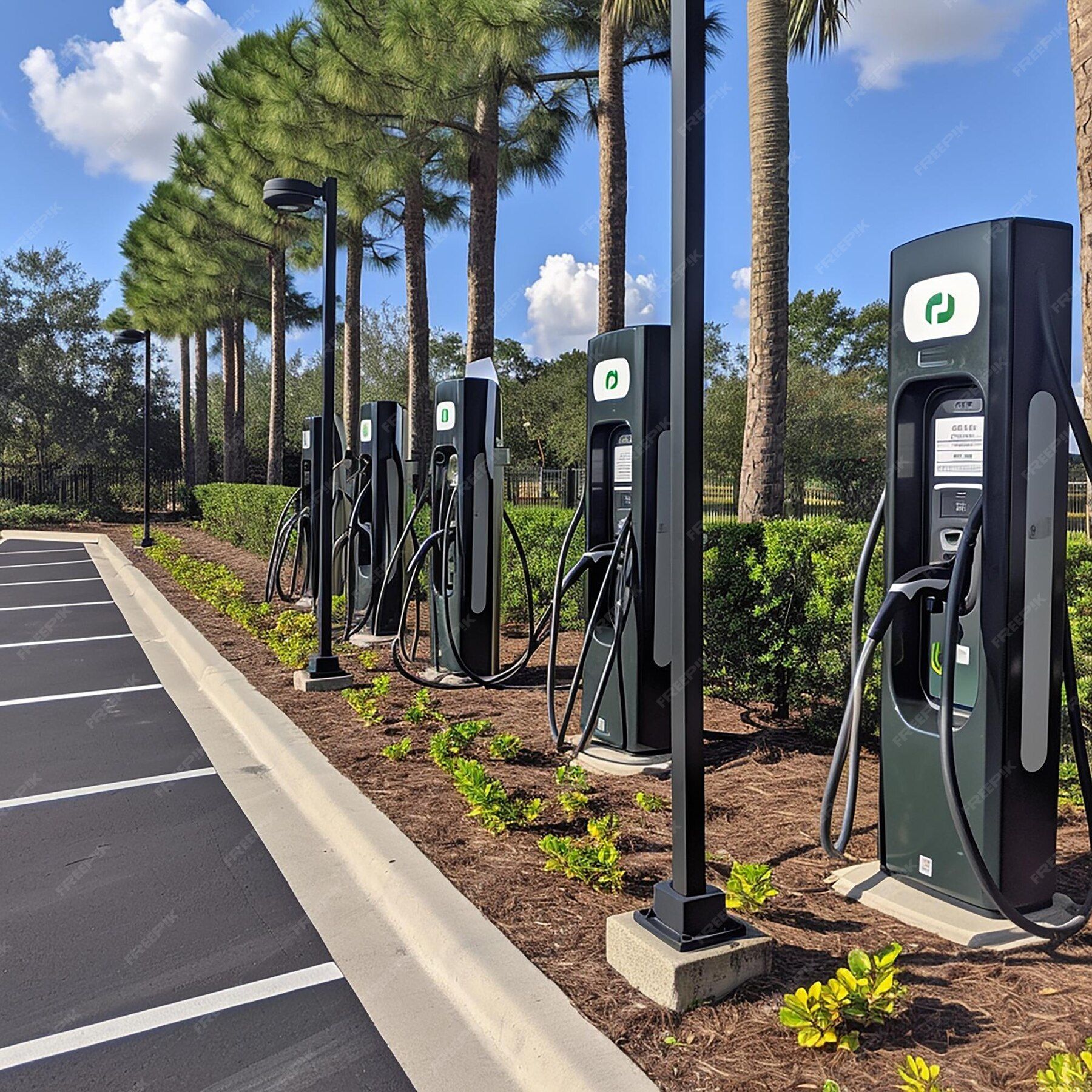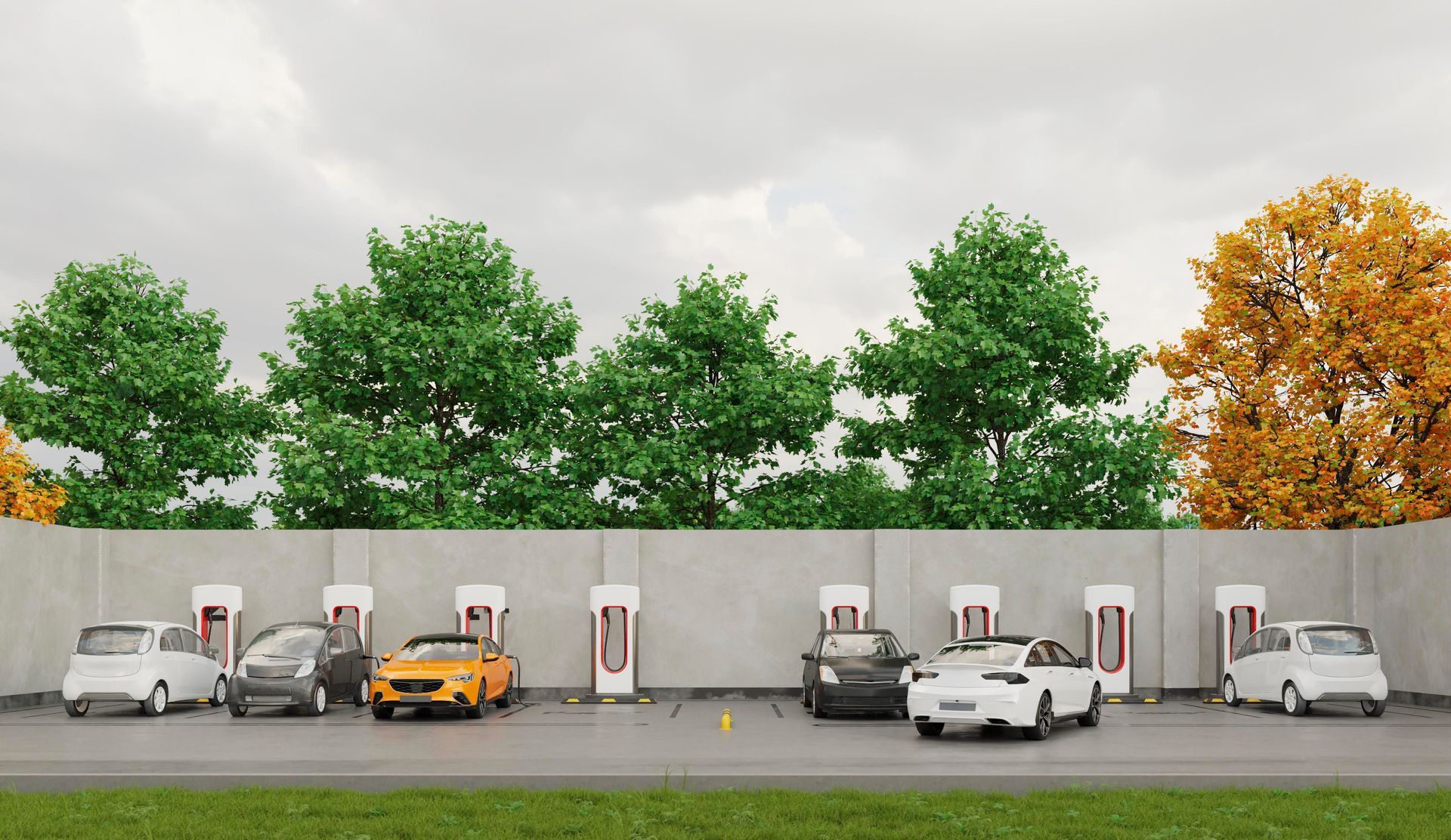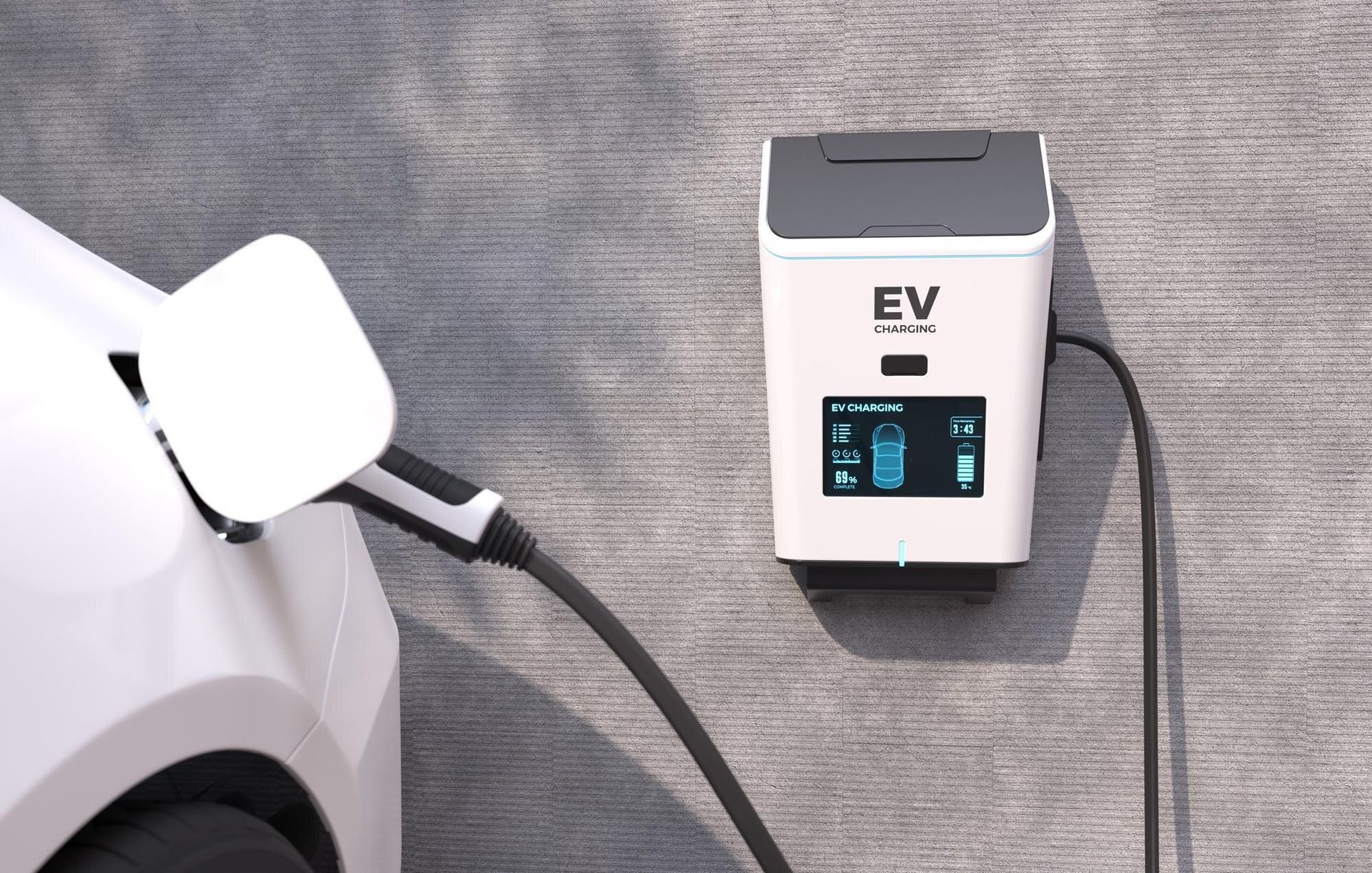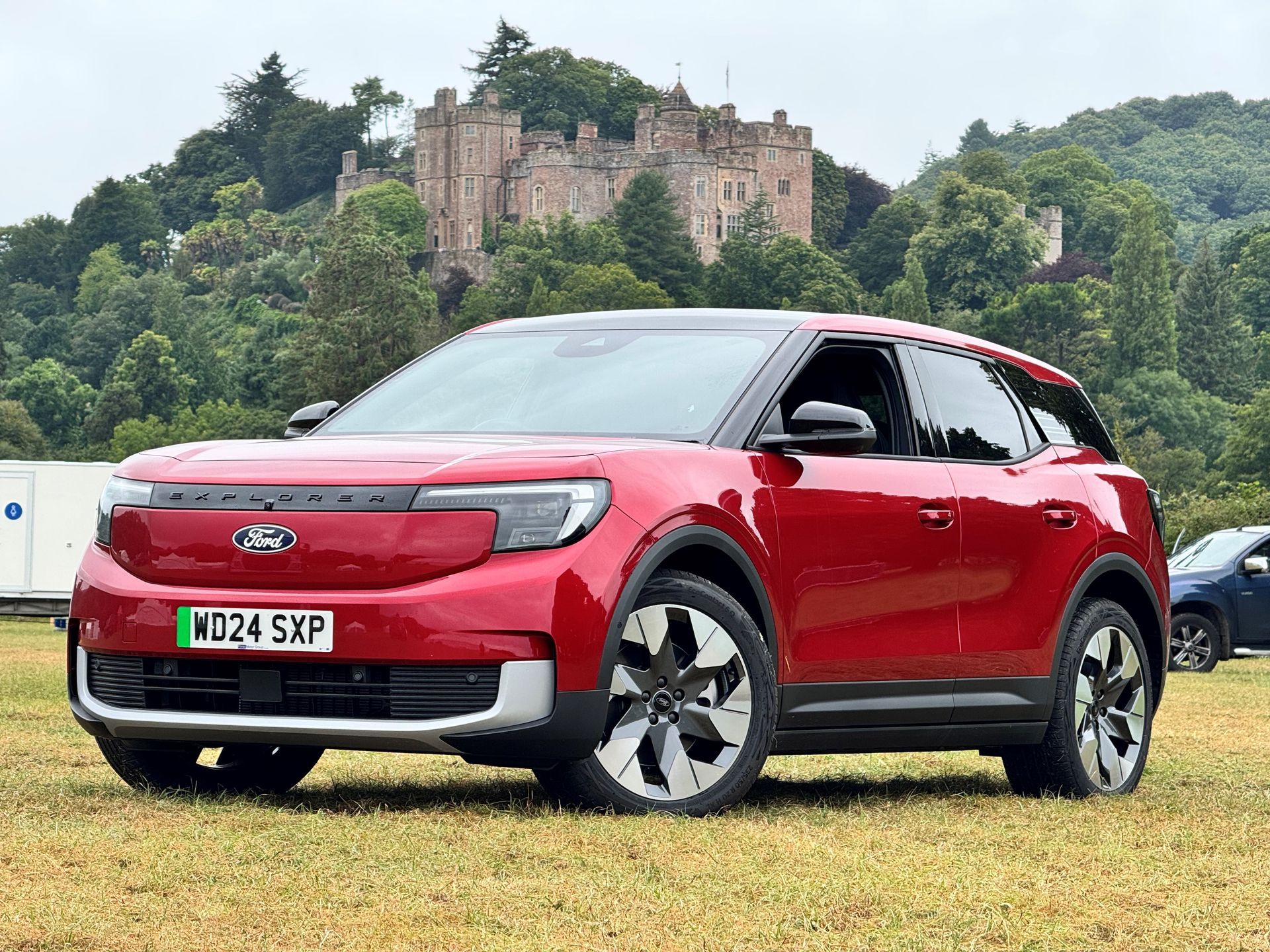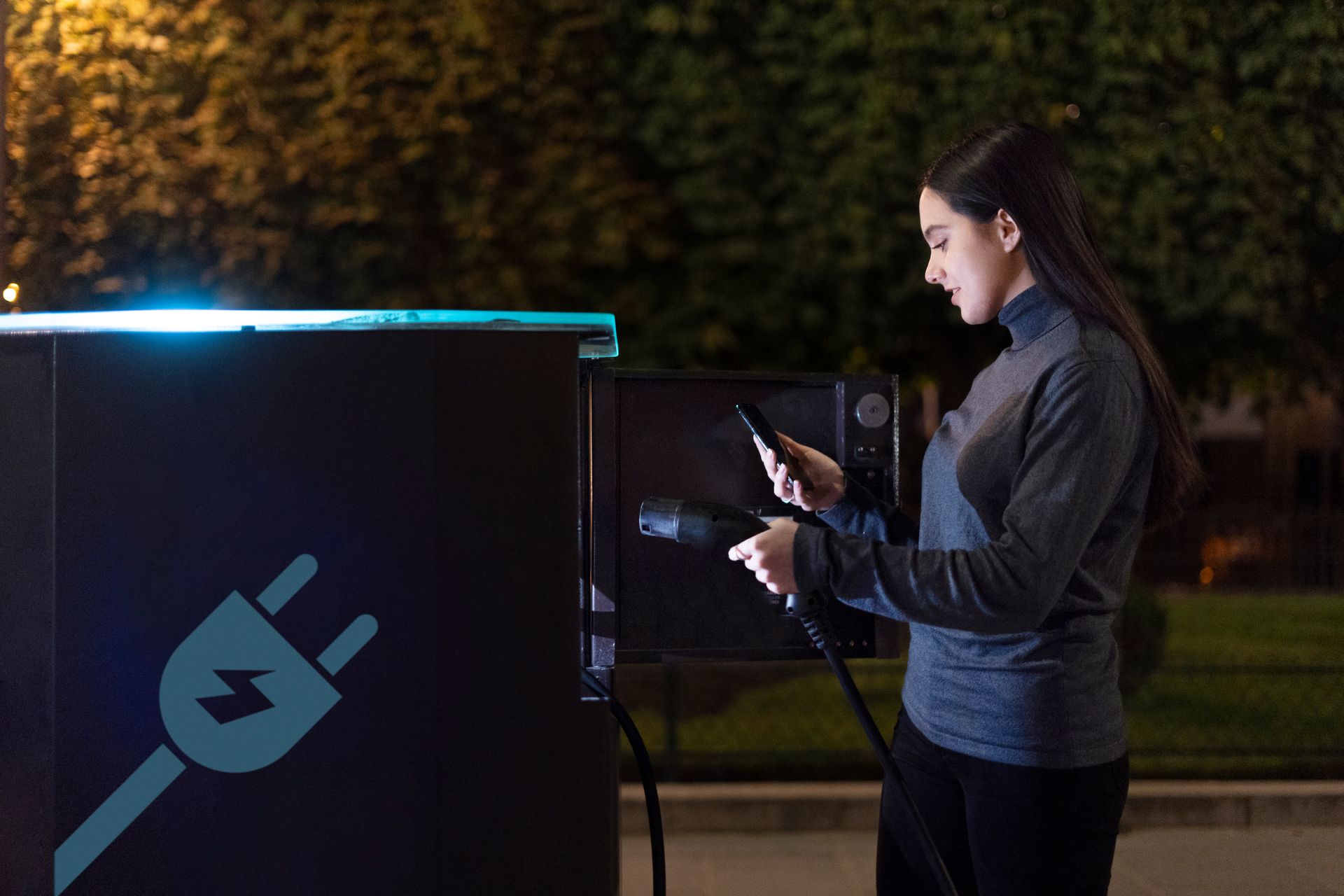Which? Shows Financial Incentives To Using Home Charging
Which? have shown that EV owners with a charger at home will save a considerable sum of money over those using a public charger.
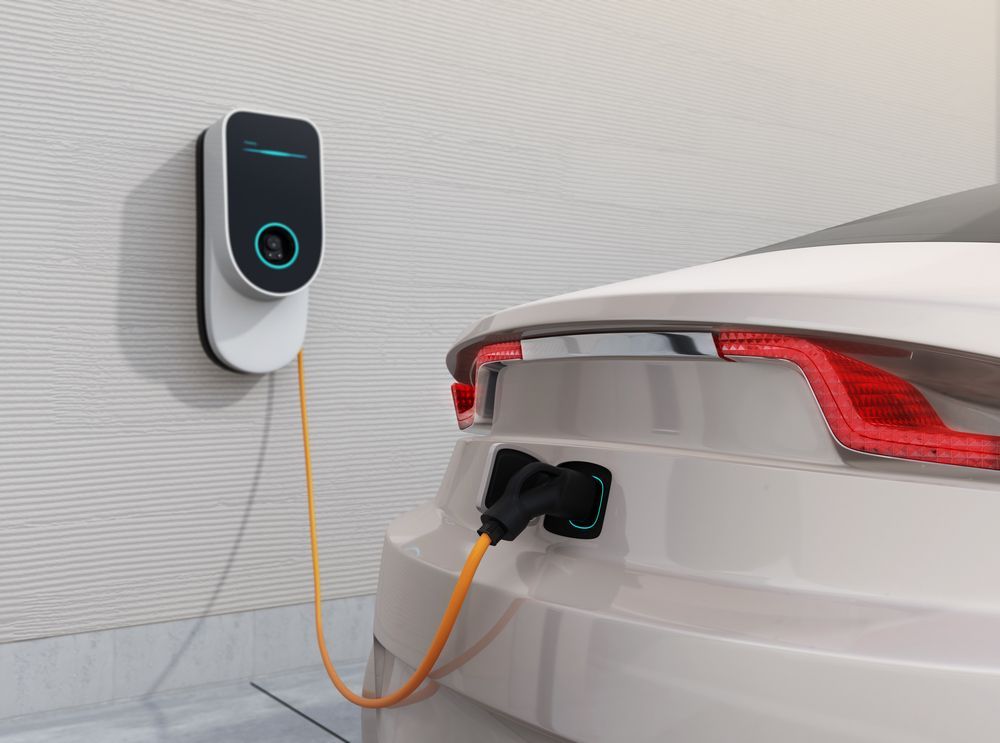
Cost of Charging at Home
A typical EV will do three miles per kilowatt-hour (kWh). This varies considerably between models - some cars being much less efficient than others. On this very rough average, given a kWh of home electricity is currently capped at 28p per kWh on a standard variable tariff you can do the maths: 28/3= 9.3 pence per mile.
Given that at the time of the research, Which? calculated a medium sized petrol hatchback would cost 19.9p a mile, you can see a saving of over 10p a mile even at the sky high electricity rates we’re paying at the moment!
Point At Which an EV Becomes More Expensive
Though you can get 9.3p a mile from home chargers, Which? have highlighted the cost ceiling at which an EV will cost more to run per mile than a petrol or diesel car:
- For a medium hatchback/coupe such as a Leaf or a Tesla Model 3, the ceiling is 47p/kWh against a diesel equivalent and 61p against a petrol equivalent
- For a large coupe like a Tesla Model S or Hyundai Ioniq 5, this rises to 51p and 67p
Given you pay 28p at home, you may agree that you will pay a little extra to account for operating expenses and profits for a charging company? As we will see, charging companies are taking things right to the limits!
Price Per kWh at Public Chargers
A quick hunt around the web has shown the price that leading public charger companies are charging:
- Ionity take the Mickey with their 72p/kWh
- Instavolt sail close to the wind with 57p/kWh
- BP Pulse take equal third place with 45p if you pay a £7.85 monthly subscription. Gridserve charge 45-50p
You can see that using public chargers alone, you’ll be paying very similar money to charge your EV to fuel your fossil fuelled car - and considerably more if an IONITY charger is all you can hook up to.
Could Big Oil Be Trying to Kill off EVs?
We couldn’t prove that a bunch of oil magnates have sat around a table and discussed just how far to push wholesale energy prices to kill off EVs but the coincidence is right there to see. This winter, energy prices are set to go up by 42% to 39p/kWh. That will mean the EV driver is paying very similar to their old diesel to power their EV.
However, petrol and diesel prices haven’t been forecast but they too will grow considerably as sadly, it ultimately comes out of the same hole in the ground as the source of our electricity.
Renewables will kill our addiction to oil. The sooner we can decarbonise the grid the sooner we can get to cheap and clean electricity. People don’t do electric purely on cost. The idea that we are somehow tackling climate change is a big thing. When we can get cheaper, cleaner grid energy then the economics will be less fraught on the matter - roll on the green revolution!


